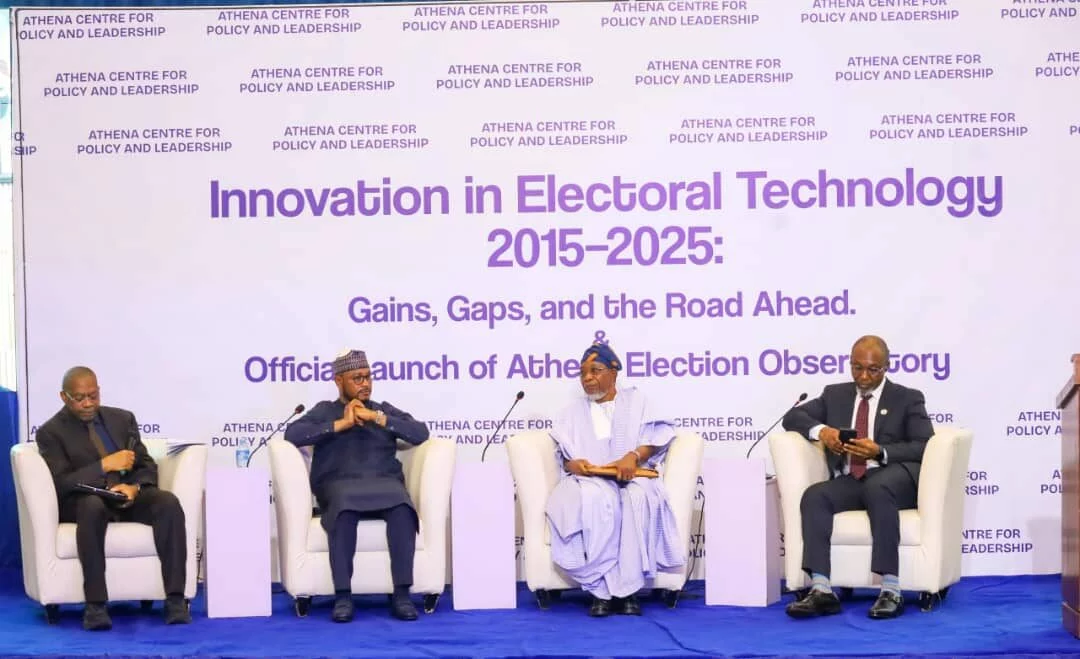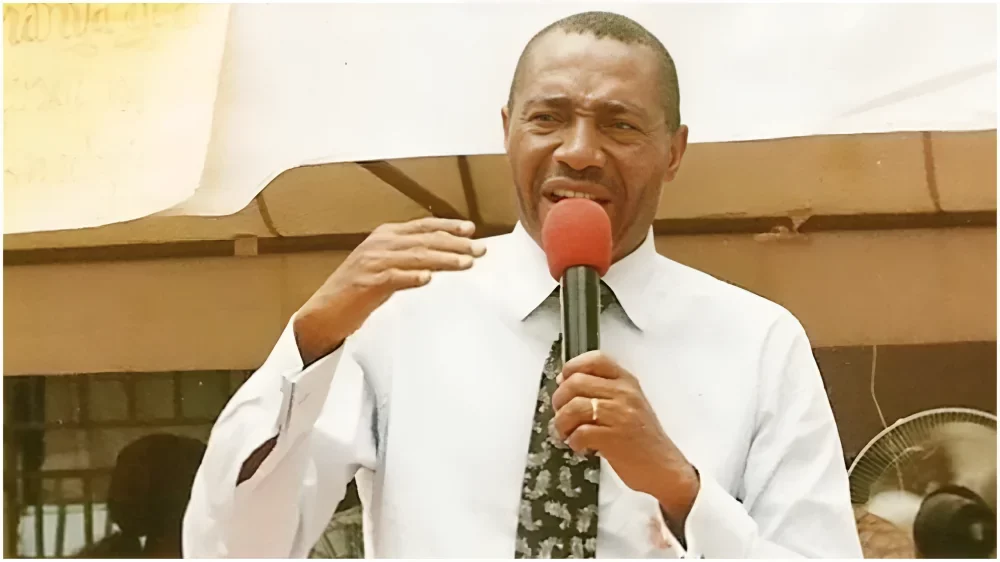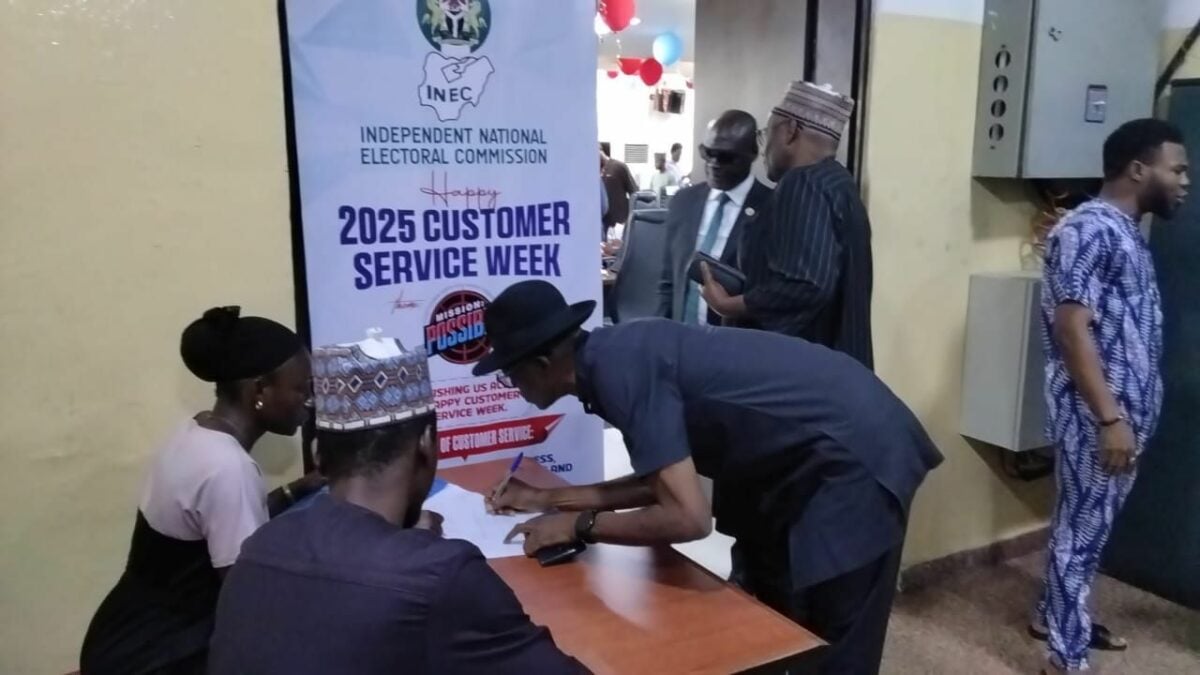Blockchain: The Unanswered Question in Nigerian Election Integrity?

The recent Nigerian general elections have faced significant scrutiny regarding their credibility, with international bodies like the European Union Election Observation Mission (EU EOM) and former President Olusegun Obasanjo raising serious concerns. The EU EOM's initial report highlighted massive failures on the part of the Independent National Electoral Commission (INEC), citing inefficient planning, a lack of transparency during critical electoral stages, and a reduction in public trust due to delayed polling processes and issues with accessing results on the Results Viewing Portal (IReV).
Former President Obasanjo, in a statement titled “2023 Nigeria Presidential Election: An Appeal For Caution and Rectification,” called for the cancellation of elections in areas where disruptions occurred. He alleged that INEC officials at the operational level had been compromised through the manual transmission of results, which he claimed were manipulated and doctored. The introduction of the Bimodal Voter Accreditation System (BVAS) and IReV for the 2023 elections was initially seen as a crucial step to enhance electoral integrity and credibility; however, the technology has done little to improve public confidence in the polls, leading to questions about the effectiveness of technological solutions in such contexts.
This situation has prompted a discussion on whether blockchain technology, often touted for its transparency, decentralization, and security, could have provided a better solution for the 2023 general elections. In its simplest form, blockchain is a digital ledger that creates a highly secure, decentralized, anonymized, yet auditable record chain. Its encryption makes transaction databases incorruptible and records easily verifiable. Theoretically, blockchain could be used to record and report votes, prevent voter fraud, and allow officials to count votes with absolute certainty, ensuring each ID corresponds to one vote, preventing fake votes, and making tampering impossible. Despite no practical cases of blockchain-based elections yet, its potential applications are garnering attention.
However, according to Lucky Uwakwe, a certified blockchain specialist and DeFi expert, blockchain technology would not have been able to prevent the irregularities observed in the Nigerian elections. Uwakwe argues that the core issue is not the lack of decentralization in the technology used, noting that BVAS, though not entirely decentralized due to centralized administrative input, shares similarities with blockchain in its intended function. He emphasizes that the problem lies with INEC's failure to adhere to its own processes and guidelines.
Uwakwe asserts that even if blockchain had been implemented, the results would still be misleading if INEC chose not to follow the established guidelines for accessing, viewing, or updating records. He points out discrepancies between figures announced by INEC and those signed by Polling Unit party agents and uploaded. He explains that while a blockchain voting system would ideally upload records immediately upon voting, eliminating the need for paper, its effectiveness is contingent on the electoral body's adherence to rules. Uwakwe highlights that INEC guidelines mandate direct upload of BVAS data to its server for public access, a step that was reportedly not consistently followed. Ultimately, Uwakwe concludes that the issue is not technological deficiency but rather the electoral body's failure to follow due process and established rules.
Recommended Articles
Political Heavyweights Demand INEC Election Reforms

Political leaders and experts at a national dialogue in Abuja have called for the Independent National Electoral Commiss...
Explosive Demand: Strip President, Governors of Electoral Officer Appointment Power!

Senator Ikechukwu Obiorah proposes a constitutional amendment to reform Nigeria's electoral system, advocating for a neu...
Supreme Court Showdown: LP Faction Blasts INEC Over Abure Deal!

The Labour Party's leadership crisis deepened as the Senator Nenadi Usman faction accused INEC of aiding impersonation b...
Ekiti Guber Shocker: APC Adopts Consensus as Omolayo Steps Down

The All Progressives Congress (APC) has switched to a consensus mode for its governorship primary in Ekiti State. This d...
Labour Party Crisis Deepens: Factional Secretary Represents Party at INEC Amidst Key Absence!

The long-standing leadership crisis within the Labour Party has intensified after factional leaders Julius Abure and Uma...
You may also like...
Super Eagles Soar to World Cup Playoff, Friendly Games Canceled Amidst Continental Praise
)
The Nigerian Super Eagles have secured a place in the 2026 FIFA World Cup playoffs after a decisive 4-0 victory over Ben...
Liverpool's Form in Question: Can Reds Rebound Against Arch-Rivals Manchester United?

Liverpool, grappling with three straight losses, faces old rivals Manchester United in a crucial Premier League fixture....
Netflix's All-Time Box Office King Makes Shocking Theatrical Comeback!

"KPop Demon Hunters," the wildly successful animated fantasy, is set to return to theaters for a limited sing-along even...
Pentagon Rages: New Netflix "Woke" Military Drama Under Fire, Ignites Streaming War

Netflix's new military series "Boots," depicting gay relationships in a 1990s boot camp, has topped streaming charts but...
Rock Legend Ace Frehley, KISS Co-Founder, Passes Away at 74

Ace Frehley, the iconic founding guitarist of KISS and the legendary "Spaceman," has died at 74. His family confirmed hi...
Inspiring Achievement: Antony Martin Named Nation's Top Disability Coach

Antony Martin of Hamilton Judo Club's Inclusion class has been honored as Disability Coach of the Year at the JudoScotla...
Victoria's Secret Stunner: Jude Law's Daughter's Bold Fashion Statement

The Victoria's Secret Fashion Show triumphantly returned, aiming to revive its global buzz. The iconic event featured gr...
Own a Piece of Literary History: Charles Dickens's Ornate Travel Desk Hits Auction Block

Personal items belonging to the renowned 19th-century English writer Charles Dickens, including his travel writing desk ...